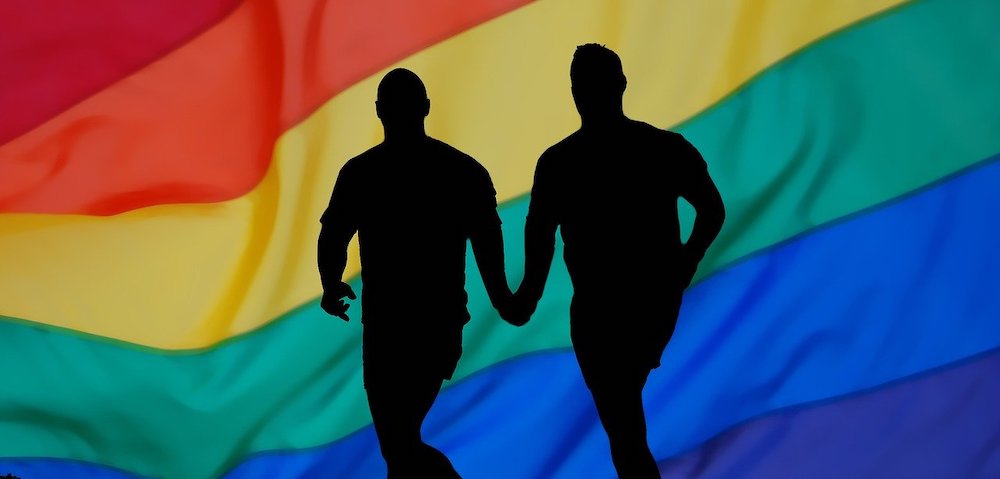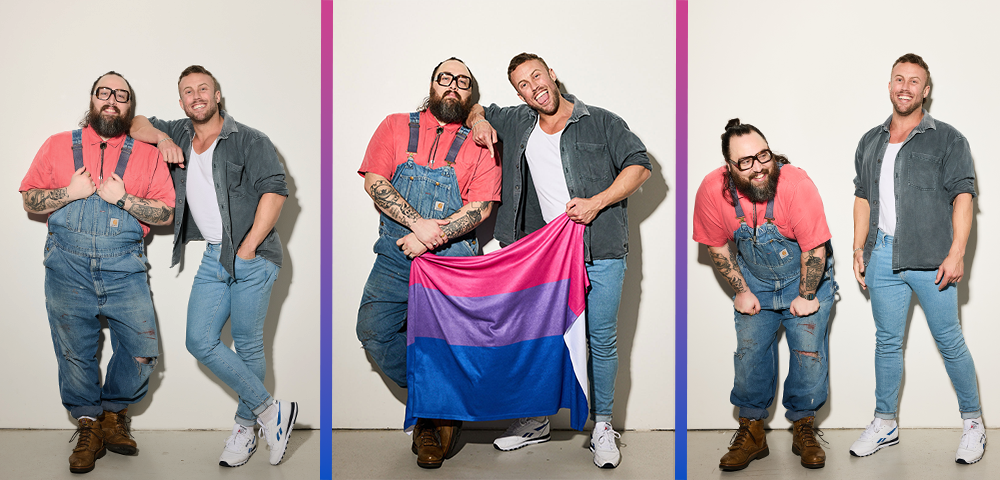
NSW GLRL – recognising refugees
When did going to a club become the determinant of a person’s sexuality?
Recent decisions by the Department of Immigration and Citizenship (DIAC) have problematically illustrated the preponderance of Western cultural stereotypes to determine the veracity of sexuality-based asylum claims.
The Refugee Convention 1951 outlines that asylum seekers must demonstrate a well-founded fear of persecution on the basis of a protected ground to be considered a refugee. The protected categories include ethnicity, nationality, religion, social group or political opinion.
In Australian law, sexuality, or specifically ‘homosexuality’, has been considered a protected identity under the category of ‘social group’. Authenticating refugees on the basis of their sexual identity is determined causally, by connecting a ‘functioning’ sexuality to incidents of state-sanctioned persecution.
In May 2011, a lesbian asylum seeker from Uganda had her claim rejected because her relationship with another woman was considered suspect. According to the DIAC delegate, she “had merely adopted the persona of a homosexual” for a protection visa.
“I have kept my homosexuality private in Uganda because I fear for my life. It is for this reason that I did not directly associate with or join lesbian groups,” the applicant responded.
Asylum seekers are in a double bind. If they remain closeted about their sexuality, or choose not to participate in the ‘scene’, they lack the public visibility to be considered genuine. However, as in the case of the Ugandan refugee, if you script what appears to be a convenient ‘homosexual persona’, you may be discredited.
Sexual orientation is not always a public identity. While the Refugee Review Tribunal in this particular case reconsidered the claim as valid, it does not reject the reasoning that assumes there is a universal ‘homosexual persona’ that a person is capable of adopting.
Correspondingly, judging claims against a mythic or stereotypical ‘persona’ privileges consumerism or promiscuity as the authentic markers of non-heterosexuality. Such stereotypical models obscure how asylum seekers negotiate their intimate lives and sexualities in a specific cultural and historical context.
Illogical decision-making on the part of administrators reflects parochial understandings of sexuality and a lack of empathy.
Reforms to administrative decision-making must focus on eroding stereotypes and embracing culturally specific merit assessment guidelines. This will be a crucial step to avoid dismissing the genuine risks faced by so many gay and lesbian refugees.
By SENTHORUN RAJ, NSW GLRL









